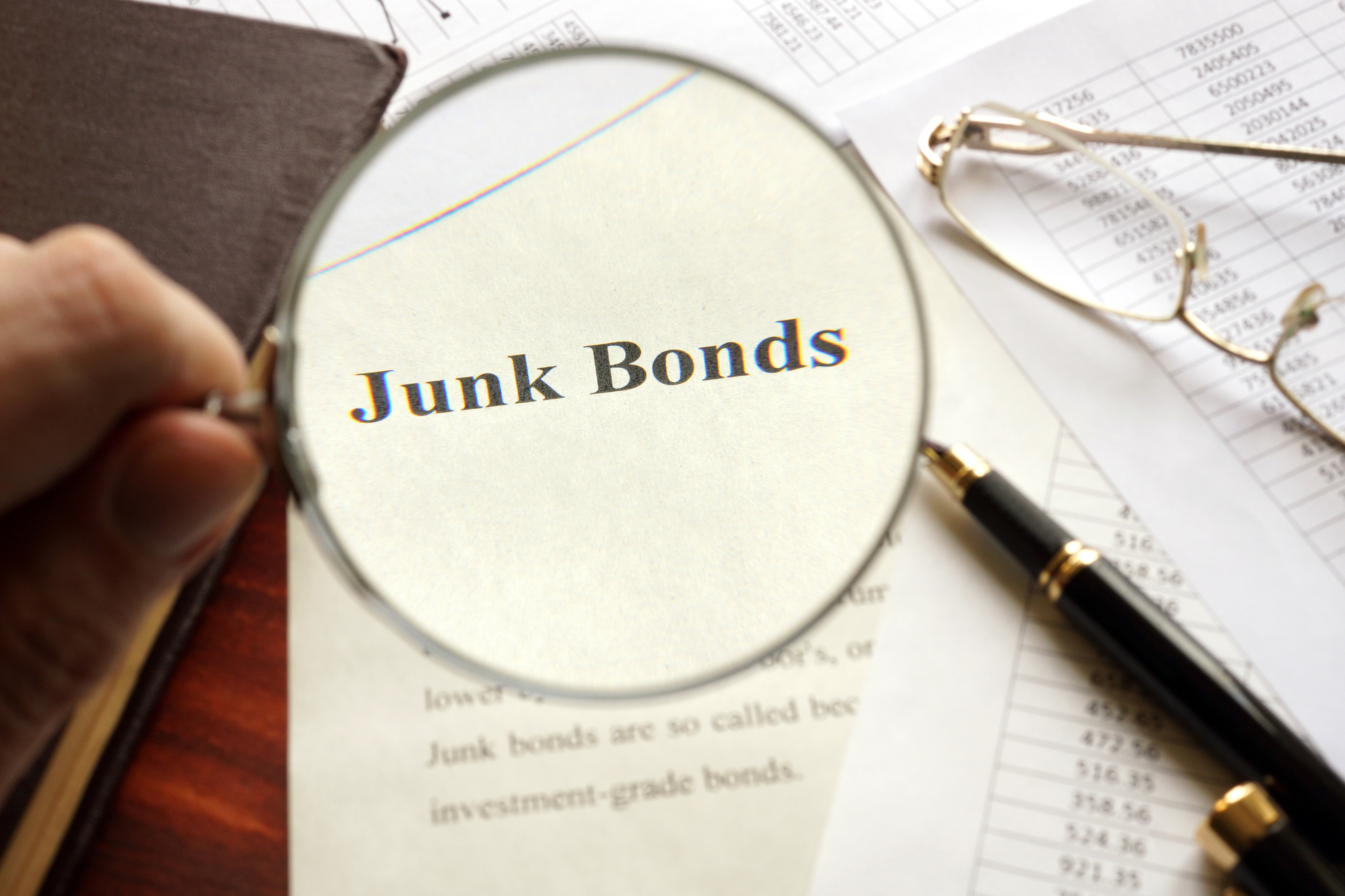Junk Bonds vs. Stocks: Which is the Better Investment?
Savvy investors are always looking for new financial opportunities. Many investors look to junk bonds as an investment because of their high rate of returns. Others stick to stocks because of their legacy and sound backing.
One has to ask: What’s better: junk bonds or stocks?
Let’s examine the pros and cons of each to get a better idea where your money should go.
Junk Bonds: The Pros and Cons
Bonds are high-risk investments and issued by unsound companies.
The bonds move based on factors like economic growth and inflation. It’s like stock trading which is why you’ll see many investors overlapping the two.
The pros of bonds:
- Appreciation – Low-grade companies that improve their grades will increase the stock value.
- High Payout – Bonds have higher earnings (across the board) producing consistent payouts.
- Exit – Investors of the bonds are paid if the company fails before stockholders.
The cons of bonds:
- Fluidity – Getting in is easy but getting out? You’ll have issues because it’s an investment many will not touch.
- Interest Changes – Government interest rate changes will plummet the value of bonds.
- Defaults and Recession – Companies offering these bonds are close to defaulting. If a recession hits or the company defaults then the bonds become worthless.
Overall, junk bonds benefit those well versed in trading. It’s a market newcomers should avoid until they understand analytical skills. Yet, those willing to take risks — and potentially lose it all — will earn handsomely.
Stocks: The Pros and Cons
Stocks benefits as an established financial opportunity. Playing the stock market does introduce high risks. But, most are mitigated when basing judgments on a season stock analysis.
Unsound direction and financial futures can send the investments into a freefall no matter the strength of the company.
The pros of stock trading:
- Dividends – Certain stocks pay dividends (extra income) which lets you increase investments.
- Liability – You can’t lose more than your initial investment even if you or the company sees tough, financial woes.
- Choice – A plentiful selection of companies present many options to explore markets.
The cons of stock trading:
- Panic – Major selloffs spurs market panic to which many ‘get out’ and lose a significant part of their portfolio only to feel burned as it ticks back up.
- Fees – Frequent trading incurs fees which lower earnings see if they’re quick to change course.
- Scams – Get rich quick schemes are bountiful and has swindled many investors of their hard-earned money.
Overall, stocks provide a stable investment for new and veteran investors. A ‘boring’ S&P portfolio will see 7-10% returns. It’s not flashy playing the long game but it’s a smart choice for those exploring investing.
A Merging of the Two
Risk aversion is the name of the game and the reason why many investors are dipping into both options. Junk bonds have its correlation to stocks. They continue as a solid investment for those versed in effective trading.
The investment strategy for both follows the familiar “buy and hold” routine.
Both investments dip into the high-risk category. That’s the challenge one must undertake if they’re seeking positive 5-7% average returns. A merging of the two creates diversification — isn’t this what you’d want? Try both opportunities.



